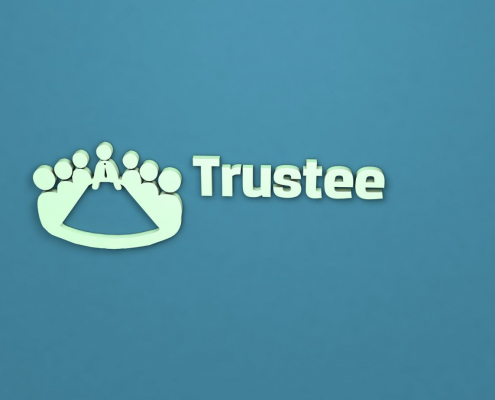How does charitable giving affect taxes? There are many ways to leave money for charity while still getting significant tax breaks, and in some cases, generating income for you or your family while you are alive. One of the simplest—and often most overlooked—is a “bequest” or a gift to charity at your death, typically made through your Trust or Will.
Making a bequest reduces the size of your estate, effectively leaving less money subject to estate taxes. A benefit to this type of donation is that you can change the provisions in your Trust or Will, including how much to donate and to whom, anytime before your death. But because a bequest becomes effective after death, donors don’t receive an income-tax deduction for the gift.
One particularly tax-efficient way to make a bequest is to donate part or all of your regular individual retirement account to charity by designating a charity as a beneficiary. Bequeathing an IRA to charity can save your heirs income taxes that they otherwise might owe on an IRA’s required minimum distributions, as well as reducing the size of your estate. (Rules governing IRAs, which aren’t passed on through wills, are thorny, so be sure to seek tax counsel before bequeathing such an account. IRAs can be passed through specialized Trusts.
When making a bequest, donors can attach strings, such as asking the charity to use the money to fund a certain project. It’s best for donors to discuss plans with the charity in advance, so the organization can be prepared to receive the money and make plans for how best to use it. If you plan to leave something tangible, such as an artifact for a museum, make sure the charity actually can accept the object. Also, talking to the charity in advance about any restrictions to the donation can help prevent misunderstandings going forward.
Some charitable vehicles, such as “charitable remainder trusts” and “charitable remainder annuity trusts,” allow you to support a charity after your death while generating an income stream—and even income-tax deductions—during your lifetime. These strategies are particularly smart for donors worried about maintaining cash flow after making a gift.
Because there are many tax rules surrounding charitable giving, it’s worthwhile to contact our San Jose trust attorneys before making any arrangements. We can discuss your plans and you can make the most of your gift. If you’d like to get started, simply call our office at (800) 244-8814 to schedule an initial consultation.




